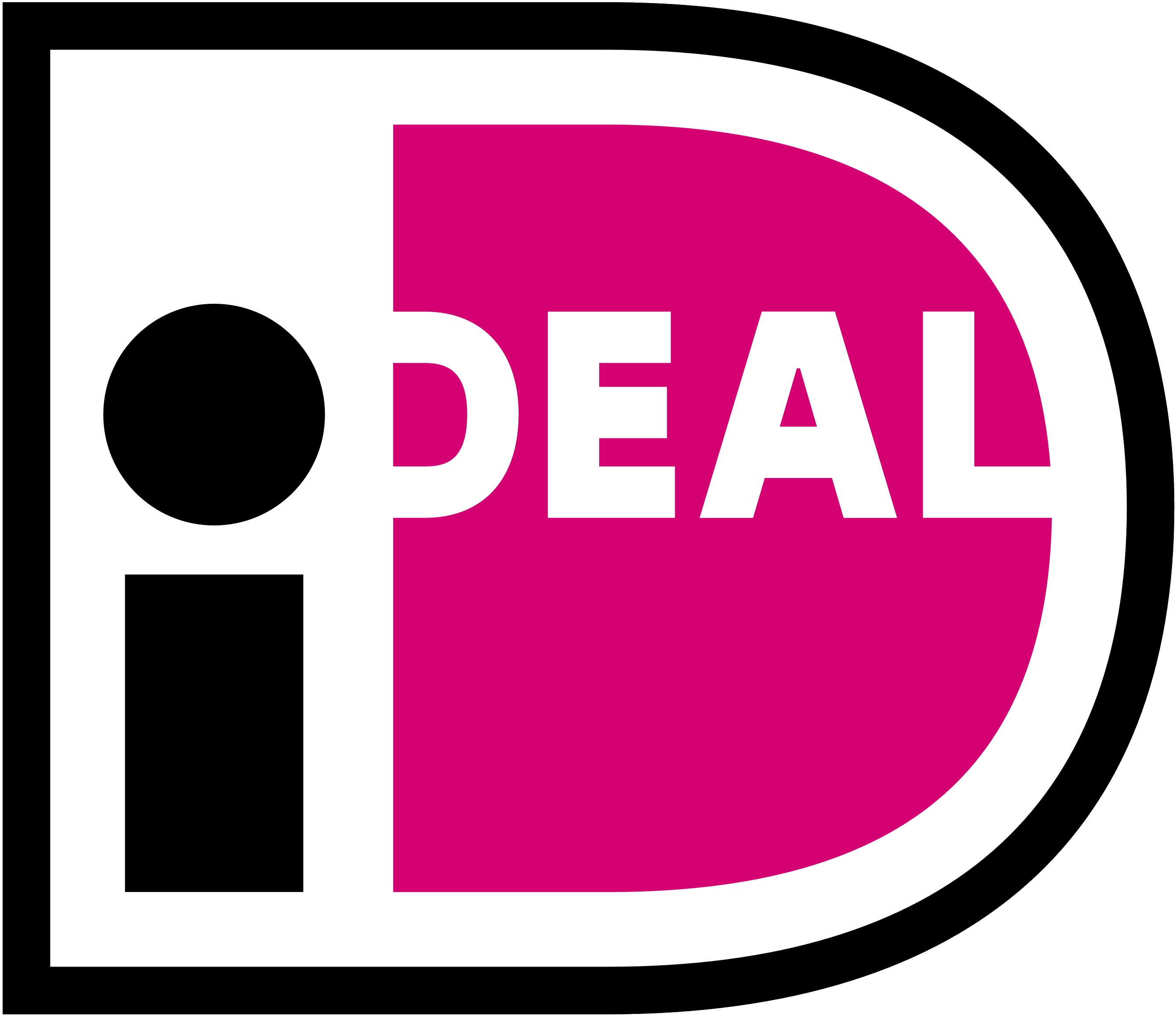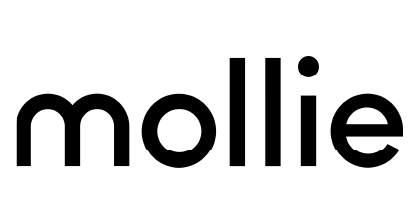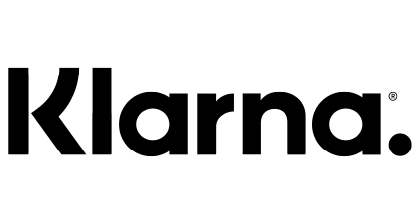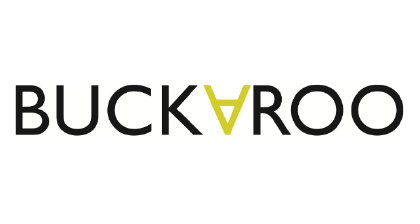Accounting for e-commerce







Requirements for your business records































In the Netherlands, it's important for freelancers, self-employed professionals, and their clients to ensure their agreement isn't considered employment under the Employment Relationships Deregulation Act (Wet deregulering beoordeling arbeidsrelaties, wet DBA).
Both contractors and clients must determine if their arrangement constitutes employment or self-employment to prevent false self-employment. This can result in tax issues and loss of benefits. Both parties share responsibility for ensuring correct classification.


Answers to the burning questions in your mind.
IOSS (Import One Stop Shop) is a system introduced in 2021 for importing goods into the EU. It simplifies the process for sellers by allowing them to declare and pay VAT on their goods through a single portal. This benefits buyers, who only need to pay VAT at the time of purchase and avoid additional fees upon delivery. If a seller isn't registered with IOSS, buyers may have to cover VAT and customs clearance fees charged by carriers during EU imports.
If you run an online store importing goods from China to deliver to private individuals in a EU country, you calculate and declare VAT in the destination EU country. You can simplify this process using the Import Regulation's one-stop system. If trading via a platform, follow specific guidelines. Certain customers, like private individuals or certain types of entrepreneurs, may not need to file a VAT return unless their purchases exceed a threshold amount. If so, the Import Scheme cannot be used.
If you supply goods to another EU country and your customers don't file a VAT return, such as selling via a webshop to private individuals in Germany, you may need to charge VAT based on the destination country's rate.
You often have to charge the VAT of the EU country where you provide your services. You can declare the VAT in a simplified way via the IOSS.
Depends on that the platform use the Union or Import Regulations or not, then the Dutch rules for invoicing apply and not the rules of the country where delivery takes place. This means that the platform does not have to issue an invoice for VAT or it has to.
In the Netherlands, it's important for freelancers, self-employed professionals, and their clients to ensure their agreement isn't considered employment under the Employment Relationships Deregulation Act (Wet deregulering beoordeling arbeidsrelaties, wet DBA).
Both contractors and clients must determine if their arrangement constitutes employment or self-employment to prevent false self-employment. This can result in tax issues and loss of benefits. Both parties share responsibility for ensuring correct classification.

